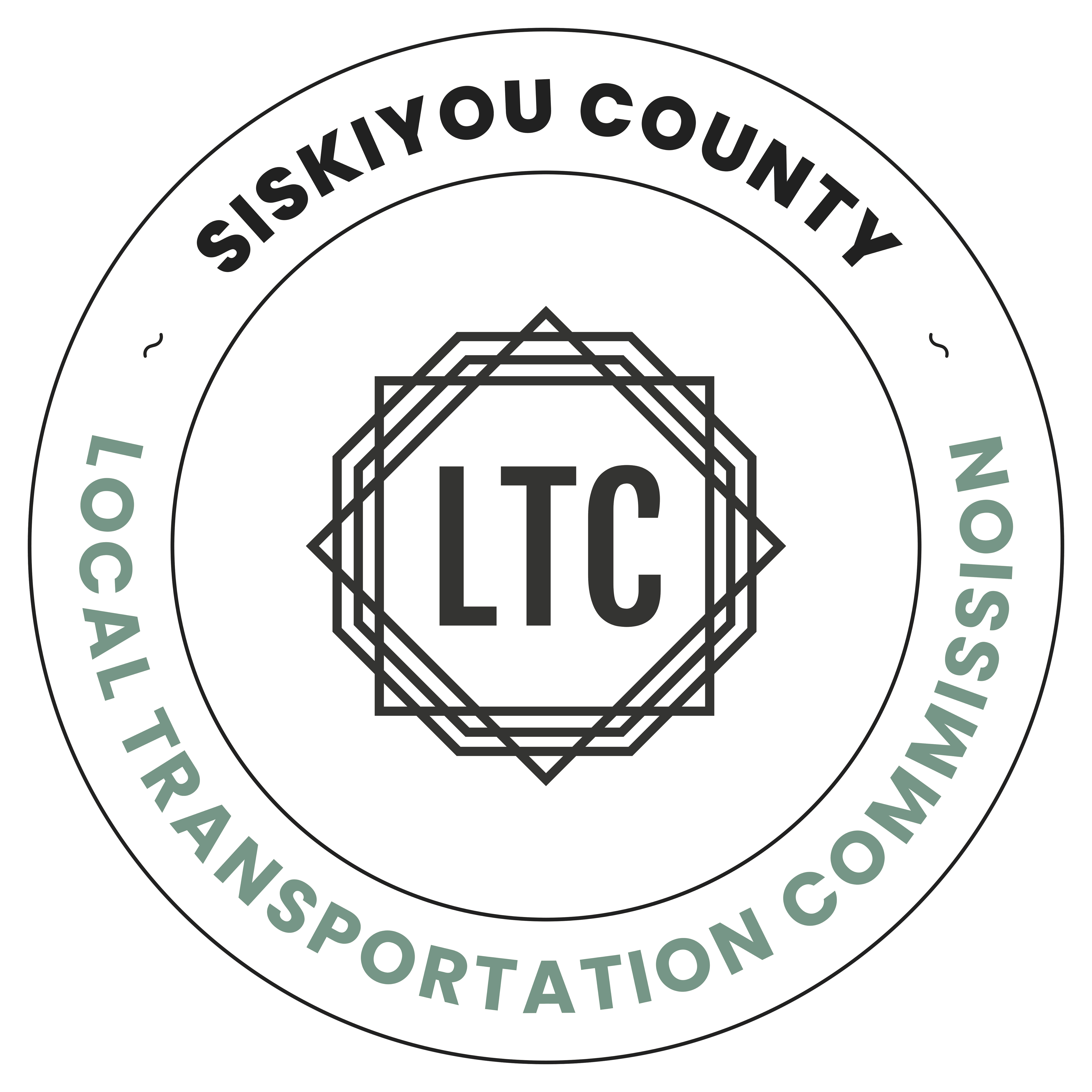The Vital Role of a Local Transportation Commission within a County’s Regional Transportation Planning Agency
Local Transportation Commissions (LTCs) play an essential role within a County’s Regional Transportation Planning Agency (RTPA), serving as the backbone of regional transportation planning and coordination. These commissions are pivotal in shaping the transportation landscape, ensuring that the mobility needs of residents are met efficiently and sustainably.
Coordinating Comprehensive Transportation Planning
An LTC is responsible for developing and implementing a comprehensive transportation plan that addresses the diverse needs of the community. This involves coordinating with various stakeholders, including local governments, state and federal agencies, tribal governments, and the public. By bringing these entities together, the LTC ensures that transportation projects align with regional goals and policies, fostering a cohesive and integrated transportation network.
Allocating Transportation Funds
One of the primary functions of an LTC is to allocate transportation funds from various sources, such as the state, federal government, and local revenues. This includes managing funds from programs like the Transportation Development Act (TDA), which supports public transit, road maintenance, and other transportation services. The LTC prioritizes projects based on community needs, ensuring that resources are directed towards initiatives that offer the greatest benefit to the region.
Facilitating Public Engagement
Public involvement is a cornerstone of effective transportation planning. The LTC actively engages with the community through public meetings, workshops, surveys, and other outreach efforts. This engagement ensures that the voices of residents are heard and considered in the planning process. By incorporating public feedback, the LTC can develop transportation solutions that reflect the needs and preferences of the community, enhancing public satisfaction and project success.
Implementing and Monitoring Projects
Once transportation projects are planned and funded, the LTC oversees their implementation. This includes collaborating with local agencies and contractors to ensure projects are completed on time and within budget. Additionally, the LTC monitors the progress and effectiveness of projects, making adjustments as necessary to achieve desired outcomes. This ongoing oversight ensures that transportation infrastructure and services meet the evolving needs of the community.
Promoting Sustainable and Equitable Transportation
LTCs also play a crucial role in promoting sustainable and equitable transportation solutions. This involves supporting initiatives that reduce environmental impact, such as public transit expansion, bicycle and pedestrian infrastructure, and the adoption of electric vehicles. Furthermore, the LTC ensures that transportation services are accessible to all residents, including underserved populations, seniors, and individuals with disabilities. By prioritizing sustainability and equity, the LTC helps create a transportation system that benefits everyone in the community.
Enhancing Regional Connectivity
In regions with multiple jurisdictions, an LTC is instrumental in enhancing connectivity between different areas. By coordinating transportation planning across city and county lines, the LTC ensures seamless travel for residents and efficient movement of goods. This regional approach to transportation planning supports economic development and improves quality of life by reducing travel times and increasing accessibility.
In conclusion, Local Transportation Commissions are vital to the success of a County’s Regional Transportation Planning Agency. Through comprehensive planning, effective fund allocation, public engagement, project implementation, and a focus on sustainability and equity, LTCs ensure that the transportation needs of the community are met, fostering a well-connected and thriving region.


